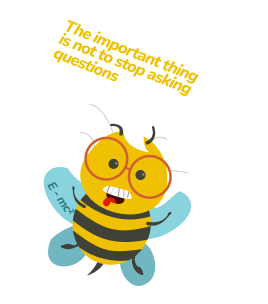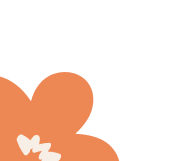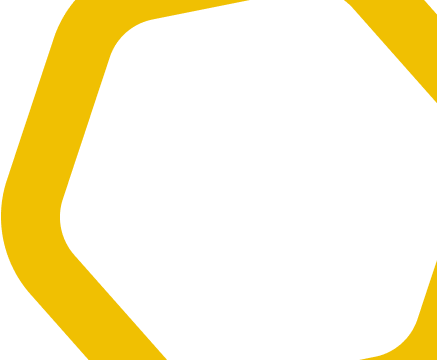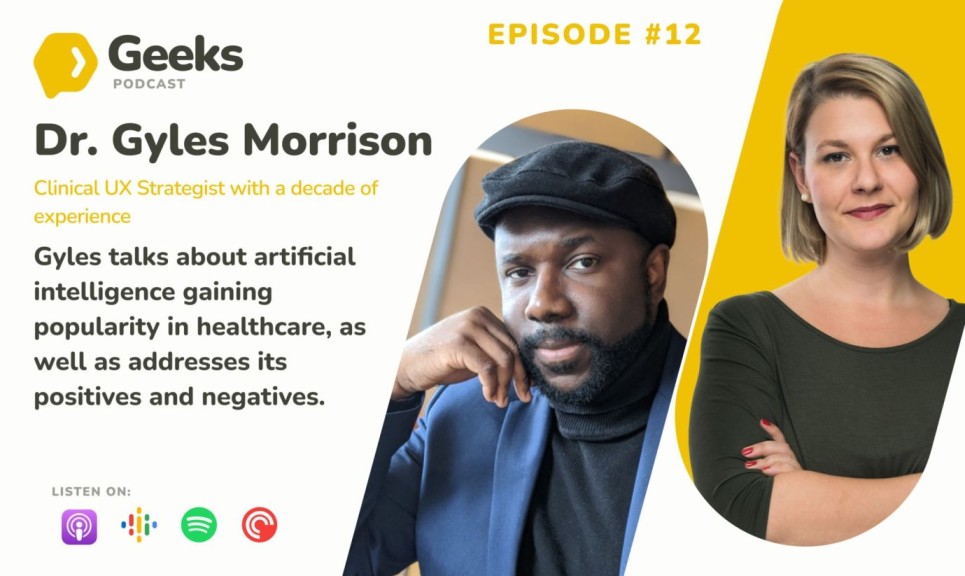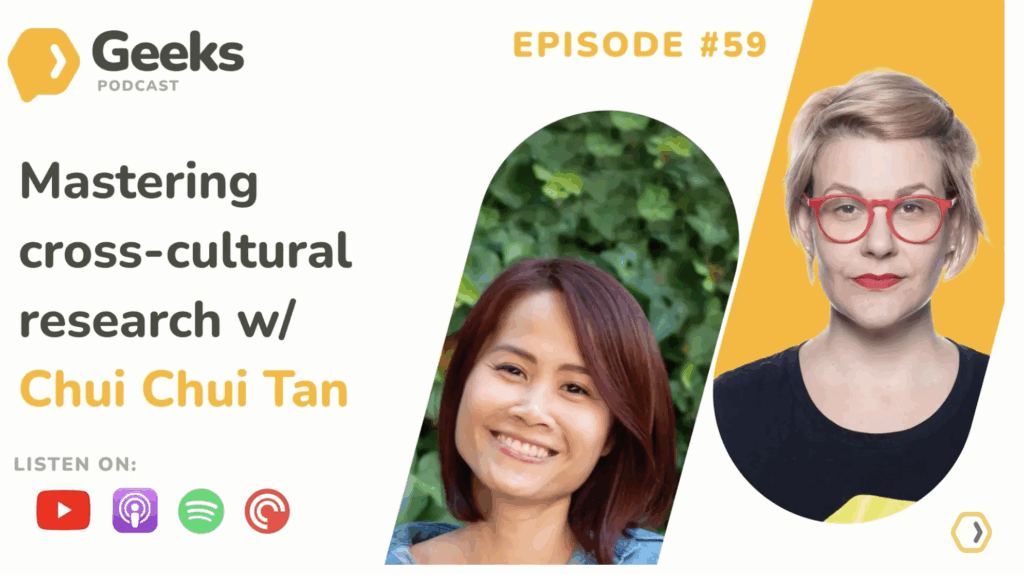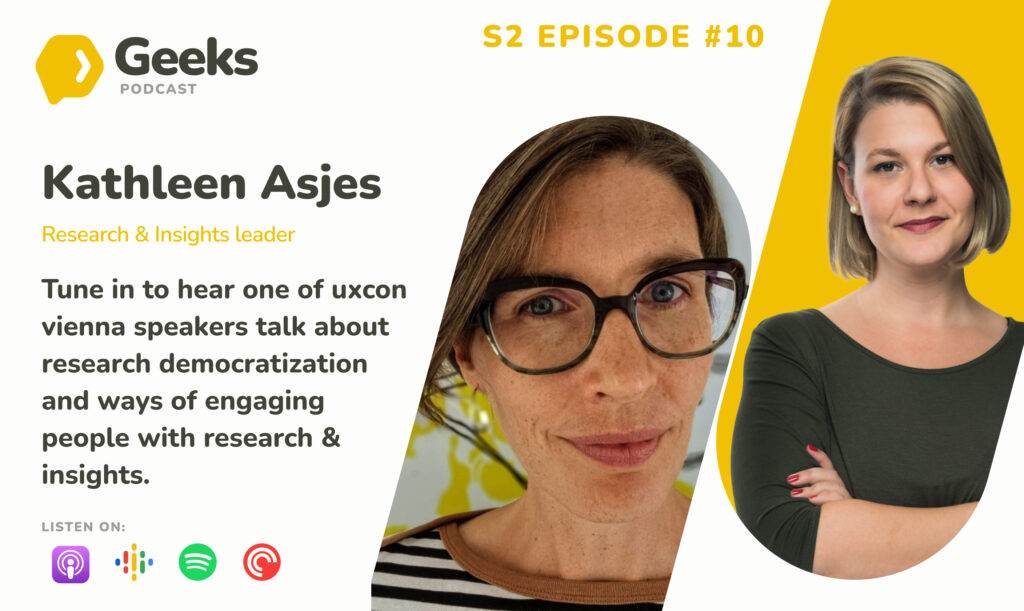Episode highlights
- 00:01:16 – Feyikemi’s career journey
- 00:02:38 – Research methodology
- 00:05:54 – Strategies for collaboration
- 00:10:30 – Empathy in user research
About our guest Feyikemi Akinwolemiwa
Feyikemi has over 8 years of research experience across various industries, including developer tools, energy, e-commerce, and education. She is known for her versatility and ability to drive user research in both B2B and B2C sectors. Passionate about solving problems, she balances business needs with research, and understands cultural nuances in global markets. Feyikemi is also skilled in product design, having successfully designed apps and websites, and values storytelling as a tool for effective research.
About uxcon vienna
uxcon vienna is a conference dedicated to UX Research and UX Design. It brings together professionals, experts, and enthusiasts in the field of UX to share knowledge, insights, and best practices. The conference is attended by both specialists from both Europe and the US, thus providing a great oppotunity for networking or professional exchange. Attendees can expect to learn about the latest trends and developments in UX research and design, gain practical skills, and connect with like-minded individuals. uxcon vienna aims to inspire and empower UX professionals to create impactful user experiences.
Podcast transcript
[00:00:00] Tina Ličková:
This is the 39th episode of UXR Geeks and the third of our four special episodes for uxcon vienna 2024. The conference takes place in September at Expedithalle in Vienna, Austria, featuring speakers like Vitaly Friedman, Nikki Anderson, Anfisa Bogomolova or Steve Portigal and Indi Young.
Fey will be giving a talk on the 20th September, titled “Co creation, the power of collaborative research among niche user groups”. And she will be discussing strategies as she did with me for engaging with highly specialized user groups, experts through empathy and through participation. Tune in for a preview of Feye’s insight on effectively connecting with these niche user groups.
You are going to be one of the speakers on the 20th of September on the uxcon vienna. Before we talk about your talk, I would love to hear something more about you.
[00:01:16] Feyikemi Akinwolemiwa: Awesome. My name is Fey. Um, my background is quite unconventional. I started my career as an architect, initially designing buildings, but I realized that I was very Much fascinated by people other than buildings, if that makes sense.
So that sort of guided my career into going into academia. I did my doctorate degree in architecture, but my focus was on social science. And I basically studied how to co create with people for five years. That was what I studied then. I developed a methodology on how to engage with communities, how to create with people.
And that led me into the tech space in 2018. I thought, you know, it would be nicer for him. Learn more and apply my skill sets in a wider space. So I thought, why not the tech industry? So I got into tech in 2018 and started an e-commerce company as a user researcher. And I was really mind blown to see how things were applied differently and how you can still apply your skill sets in a very fast paced environment.
So I was very, um, blown away by user research and I literally fell in love with the profession. So I’ve been there since then. I’ve led research at, um, developer facing platforms. I’ve led research at national energy industries and yeah. So right now I’m a user researcher, senior user researcher and strategist, and I’m basically, um, ensuring that user strategy is incorporated in business strategy.
So that’s meaning natural.
[00:02:38] Tina Ličková: Great. Thank you. And going a little bit into the academic work that you did, you mentioned the participatory action research. What is it and how can it help you or how was it helping you in your work?
[00:02:51] Feyikemi Akinwolemiwa: I didn’t realize how I was going to rely mostly on that concept when I was doing my doctorate degree.
So it’s existed as far back as the sixties and it’s basically, It involves, if you want to create solutions for people, don’t go with the knowledge of, I know your problems, or I’m aware of what you’re facing. And here is the solution. I mean, as human beings, it tends to be solution focused. It’s natural.
It’s human. So participatory action is more, um, a concept and a philosophy that, well, if you want to create, it might be a concept. It might be anything at all with groups of people. You need to go there. You need to embed yourself in a more ethnographic study and you need to work with them. Gain trust, respect them and all of the insights would then come in and then participate together and you come up with a solution and concepts together.
So in a way it’s kind of like user research. But it wasn’t on a broader scale when I was studying it, it wasn’t applied in the tech industry. It’s more like a point of view. So that’s when I came across that concept and I decided to study more on literature behind this and then apply that knowledge and concept in the academic world.
So I applied that concept and then that resulted in a series of prototypes that were developed as part of the PhD degree. It was a five step methodology and that’s where the concept of participatory action When I first came across it back in 2012, moving on from that into the tech industry. My first career was in e-commerce.
That’s very B2B and B2C facing. So you’re busy, basically working with an average person. But then I started leaning more on that skillset when I started working with different user groups in the B2B space. So people whose expertise exceeds my own. The first time was when I was given the opportunity to lead a research project at an American company.
So basically it’s a developer tool so you’re working with very technical people and I didn’t know a line of code and I was supposed to work with developers, CTOs, people who have built entire apps. And I’m supposed to represent their voices confidently in products and say, this is exactly what they’re going through.
Um, this is the solution. Confidently. And then I thought, wow, this is different. This is no longer a case of trying to understand my users. The expertise is going to far outweigh mine. So how best can I engage with them? Both as a researcher and a respect for this skillset. I know I’m supposed to do my homework, but at the same time, I would never be able to develop an entire app, and that’s okay. However, how best can I apply what I know to how best I can work with these people? So that’s when I started leaning on that skill set.
[00:05:24] Tina Ličková: Your talk is going to be about the co-creation, the power of collaborative research amongst new user groups. But I am wondering how to exactly deal with it, because if I’m talking to them and, uh, we start to go really deep, it just blows your mind what ideas and suggestions they have and.
It’s really hard for my client to figure out then, Oh, so what are we supposed to do or implement or how to prioritize this? So how to deal with that?
[00:05:54] Feyikemi Akinwolemiwa: Yeah, absolutely. I mean, as researchers, we are empathetic people. It’s natural. We want to understand, empathize. We’re passionate about our users. We want to represent their voices.
You want to know everything about them. But I quickly realized that there’s only so much you can know. I’ve got to work with some of the best asset engineers on the planet. They’ve been in this profession for 30 years, some of them, and they’re still developing themselves. So I can know every single thing about what to do.
So what I started to do was, okay, the first thing that I realized is, you know, what imposter syndrome is real. It’s a different space, different in the streets, different niches, different lingo. It’s so much different there. I think we just acknowledge that, wow, this is different. Great, that’s fine, but that should drive us as researchers as well.
And that leads to conversations around, okay, how deep versus how wide should I go? I know that I would never know every single thing across, but just enough knowledge is fine. And then building on that, because if you’re working with these people, You’re going to have to keep Googling yourself. I got my certification the other day in asset management.
And I was thinking, wow, this is my life now, literally studying asset engineering, and I was going through some documents the other day on some formulas and how to predict maintenance. I was like, wow, this is interesting. And while I was working with an American company, I started to learn how to code.
But not on a deeper level. I remember when I first sent my first line of code and it did what I asked it to do. It was to receive a text message on my phone. I was like, yes, this is a start. So I started understanding, oh, this is the basic steps of coding. Oh, this is what it entails. This is how we fit in the overall picture of my users. This involves integrating their platforms. Oh yes, this is nice. So that helped me then speak their language better. So when things come up during conversations, you know, I’m able to understand, oh, this is what they mean. If I don’t understand something, I go back and do my research. But there and then, because I have just enough knowledge that conversations can keep flowing, learn more about these people.
And that was what worked for me. It was okay to be overwhelmed, but I had to figure a strategy around this.
[00:07:57] Tina Ličková: Yeah, I mean, I totally get the strategy working with such niche groups. Yes. And of course it bounds me into dropping the silliest jokes when I’m talking to meteorologists, like. Oh, the more I do research in meteorology, the less I understand it.
And I’m still using it because playing the silly and the lay person helps me. But as you are saying, it’s a balance act of being open and curious and not knowing that much, but on the other side, knowing enough to have a decent conversation with them.
[00:08:29] Feyikemi Akinwolemiwa: Absolutely. What I tend to do is say, you’re the experts.
I give them that accolade and that respect. You’re the experts. I’m not here to pretend like I know everything, but my role here is to empathize. So how do we work together? Lean on your expertise, lean on my skill sets, my ability to see beyond the lines of what you’re saying and try to understand deeply as well.
So once I established that rapport, they tend to be a bit more open. This person might not understand my entire profession, but I see that she has that sort of regard for me as an individual. She’s not coming in with a know it all. Oh, these are the problems. And she’s coming in with a sense of who I am as an individual, understanding my role, and I’m going to do my best to help this person.
So it’s mutual. Once we have that sort of, um, establishment. And that has worked over time across different industries. Once I established that one is always, Oh yeah, this is what he means though. Oh, these are articles you need to learn. Oh, this is more, Oh, let’s co create together. Let’s have this conversation.
Let’s have a workshop. So opening that rapport at the very beginning does help as well. I find that going into a sense of, I want to understand you, or I want to understand everything about you. They’re like, can you do this? So where are you coming from and telling me that you understand all of my issues?
So that tends to be a bit like versus. Let’s do this together and let’s learn with each other. So yeah, that’s an idea that you mentioned there.
[00:09:50] Tina Ličková: And you were mentioning a few times the empathization and it’s a kind of little bit of overused word in our world. And I’m wondering how much compassion is in this empathy as there are experts and as there are technical people that tend to be really critical, the frustration from something tends to be sometimes very overwhelming.
One part is describing the empathy, what you just did in talking to them and showing them empathy and showing them you are the experts, but how do you figure out what is just frustration coming out from the critical minds and what is real frustration, for example?
[00:10:30] Feyikemi Akinwolemiwa: For me personally, whenever I approach them, I always start with, I love to call it like a cup of tea session.
This is not from my research, this is me and this is you. I do introduce myself as a user researcher, but I just keep it that way. I’m just like, I’m a human being here and I’m here to hear your story. Tell me about you. And that’s what I tend to do with everyone I work with, especially with those levels of skill sets and expertise.
And it’s always interesting because you don’t always start away with, Oh, this is what I’m facing, or this is my frustration. It starts with, This is why I’m, this is what I do. And this is the essence of what I’m facing and having that initial conversation sets the tone going forward. Because when next I come back, it’s a case of, okay, it depends on the stage of the research as well.
Are we running discovery or are we trying to test some new concepts? But most of my research role involves discovery anyway. So it’s always a case of understanding who they are first as people. That’s where the empathy setting, but empathy is, Putting myself in their shoes as much as possible. I might not get it a hundred percent, but having that sense of, Ooh, these people, this is what they do on a day to day basis.
These are the frustrations. This is who they are as individuals. And as people, even when I’m building up my personas, I love to put personality traits in there as well, because it helps. It humanizes them, humanizes who they are. And it keeps me aware that, okay, these are people I’m designing for. Then expert second.
So having that human approach helps me as well, and then helps us have that rapport at the beginning that you know what I’m here to learn with you and from you as well. And, um, I might not know everything, but I’ll, I’ll do my, I would, um, and make the most of my skill sets. So this is how we work together going forward.
And that really helps. And then the next conversation we start having, do you have, do you want to read this article or here is this, here are links to books that I’m working on. Try and have a read through. If you want to have that one on one conversation even more so I can explain things to you, let’s do it together.
Or what exactly do you do again? Use research, tell me more around this. That first point of contact is so important. And that’s just the tone. I remember earlier on in my early part of my career. I was working for someone that is supposed to be like a financial analyst. And I wanted to go to that, um, he’s a researcher and let’s have this conversation.
And she was like, I’m sorry, but you can’t understand what I’m going through. And she said it in a matter of fact way. And there, and then I was thinking that is correct. Oh my goodness. I didn’t approach this in the right way. What do you mean that you’re trying to understand my role as a financial controller?
You can’t, you don’t get it. You just came from here and you’re trying to explain this and that changed my approach. More and that learning from that experience has shaped me as well. So that tends to be my approach. And that really helps people be more willing to support you because they see that, ah, this person, she might not get everything, but I feel seen.
I feel seen. I feel that solutions are not being forced on me. I can work with this person. So that’s my discussion around empathy versus just sympathy. And that’s the difference.
[00:13:27] Tina Ličková: Going back to the talk, if people visit your talk on Nuke’s con. What will they leave your talk with?
[00:13:37] Feyikemi Akinwolemiwa: Oh, one thing about me, I don’t claim to be an expert.
I see myself as always learning from everyone else. I feel I learn from people every day. So my point of view is I mentor other researchers and I sometimes hear, Oh my goodness, I got an opportunity in this space, but I couldn’t go there because I don’t know anything about that industry or that space.
And I’m like, Ooh, there’s that sense of how do I cope there? This is a completely different industry and I’m supposed to represent the voice of users. So all of this is just based on, I went through the same thing and I’m still going through the same thing because it seems every couple of years I’m in a different industry and it’s exciting because you get to learn something new.
So this is what has worked for me based on my experience. Can learn from it. You can learn from each other. I try to break it down to be as simple as possible and provide real life experiences, hear people’s points of views and learn from each other really. So that’s my approach in the conference.
[00:14:35] Tina Ličková: Thank you, Fey.
We see you on the 20th September, at the closing talk. So I’m really looking forward to it on the side stage.
[00:14:43] Feyikemi Akinwolemiwa: Thank you for having me, Tina.
[00:14:48] Tina Ličková:
Thank you for listening to UX Research Geeks. If you liked this episode, don’t forget to share it with your friends, leave a review on your favorite podcast platform, and subscribe to stay updated when a new episode comes out.
💡 This podcast was brought to you by UXtweak, an all-in-one UX research tool.
